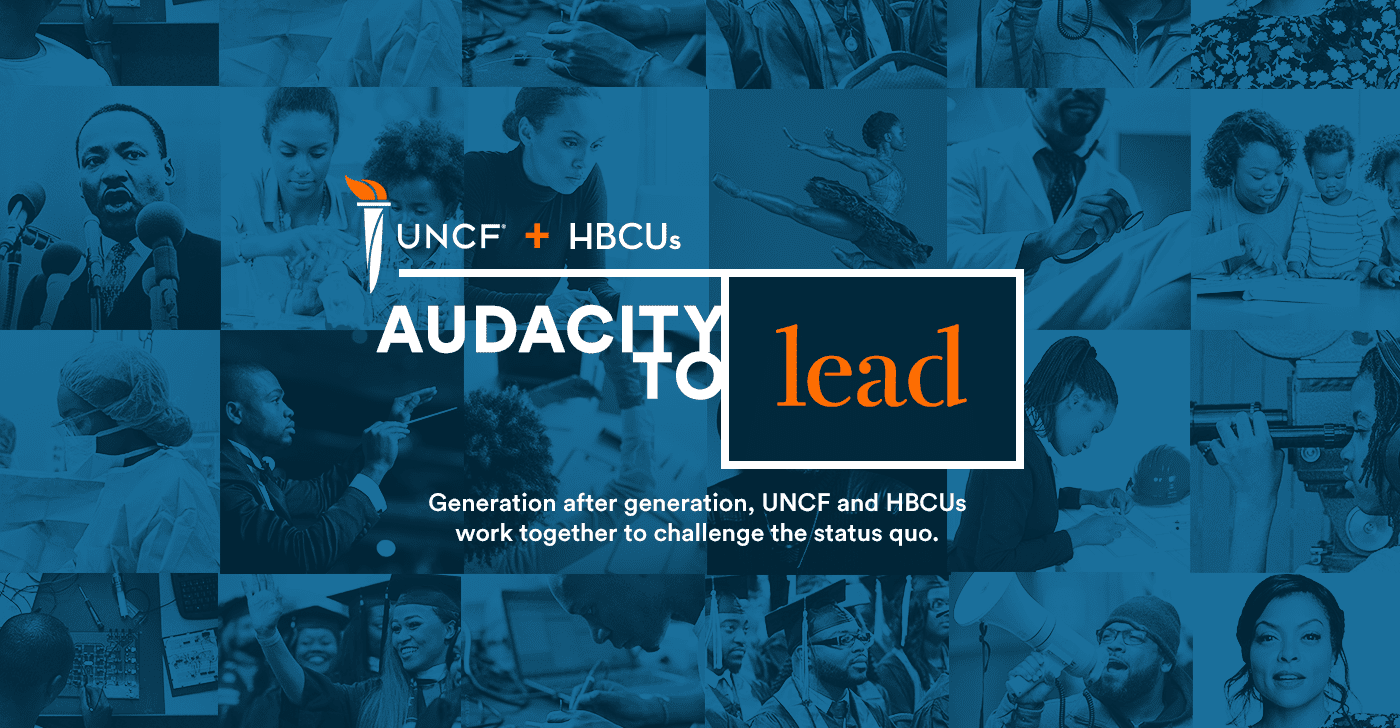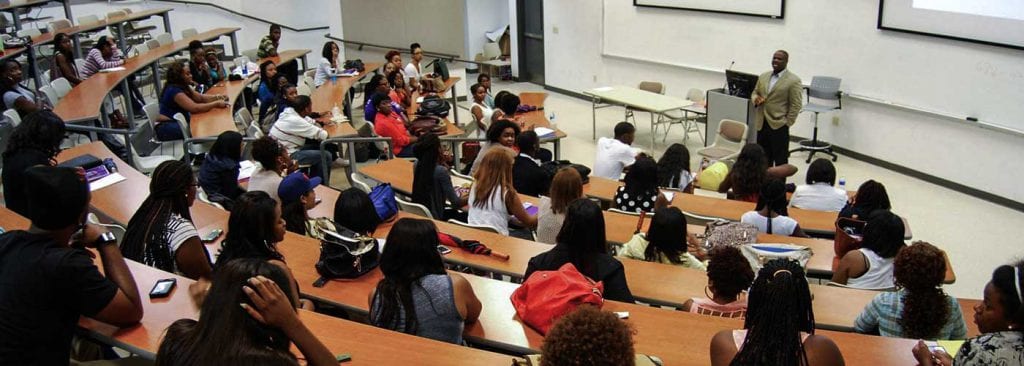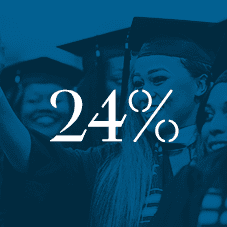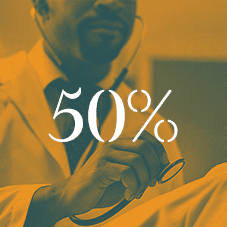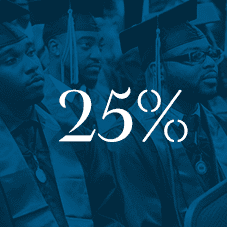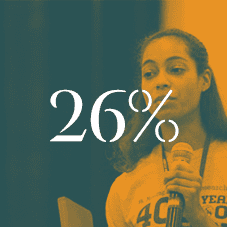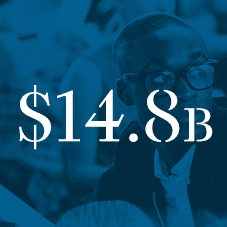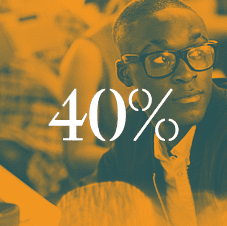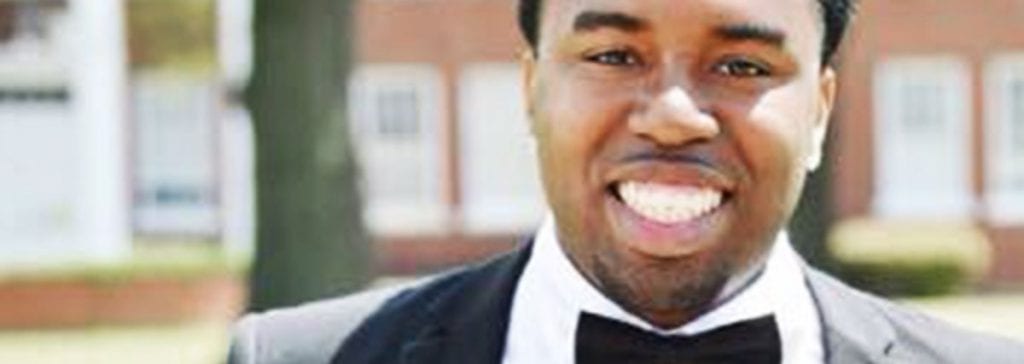Setting the Record Straight

Educating Black people is extremely important.
Historically, Black people have been denied literacy and adequate education in order to maintain inequality and disempower them. And we still have a long way to go: In 2015, the gap between White and Black 25- to 29-year-olds who had attained a bachelor’s or higher degree widened to 22 percentage points. Though education alone has not and cannot create a fully equal society, it’s an absolutely essential part of the process.

It’s 2021. Why do we still support predominantly Black schools?
HBCUs educate students of all races and backgrounds. But HBCUs offer Black students a supportive community of high-achieving professors, peers and alumni, and expectations of success that are never lowered or questioned because of their race — something they may not have experienced before. This modeling, paired with rigorous academic programming, produces confident Black leaders and innovators.

Yes, HBCUs can and do provide a high-quality education.
HBCUs maintain high academic standards for their students, and it shows. Although they represent only a small portion of higher education institutions, they produce 70% of all Black doctors and dentists, 50% of Black engineers and 35% of Black lawyers. Further, research has shown that compared to Black alumni of other colleges, HBCU graduates are twice as likely to report that college prepared them well for life after graduation.
